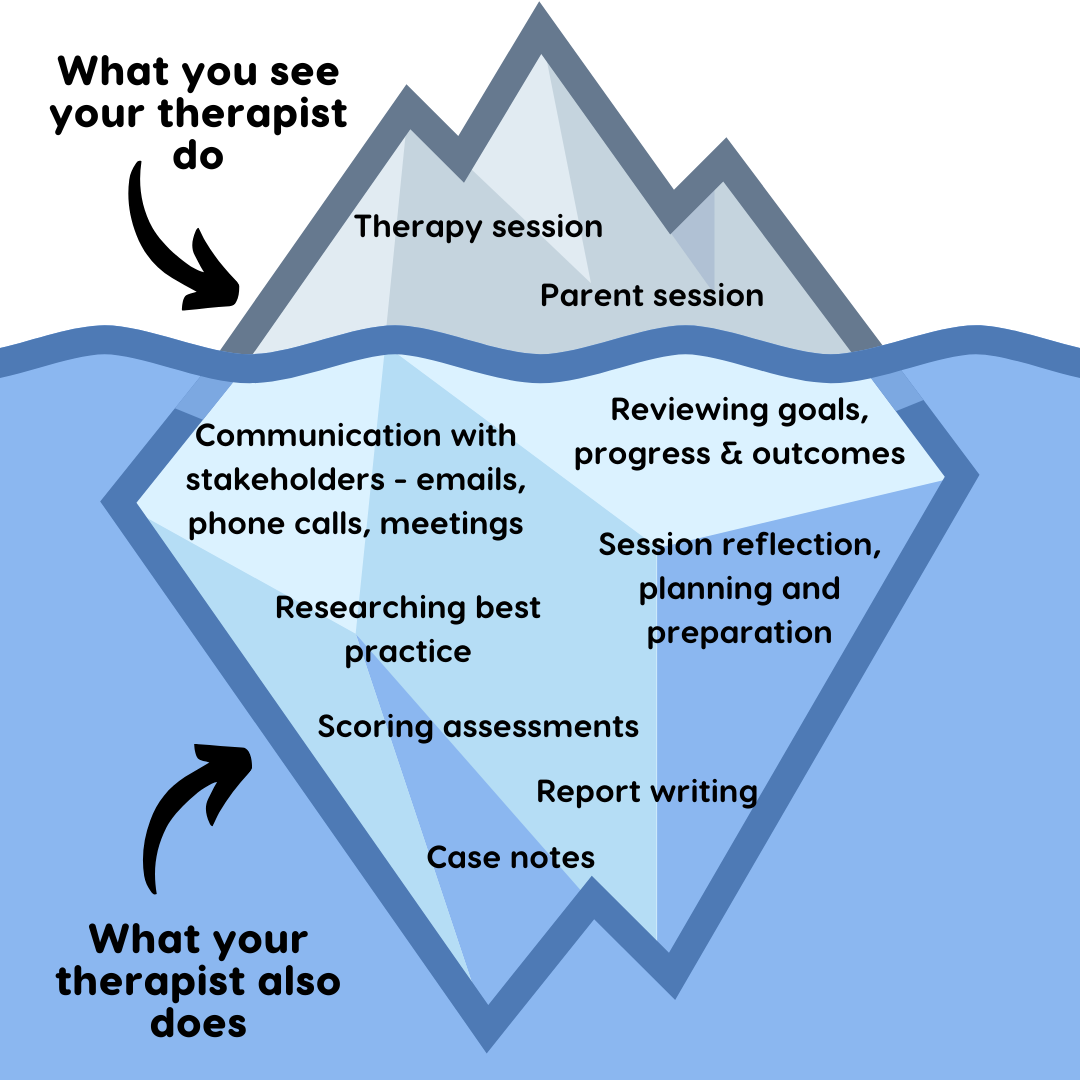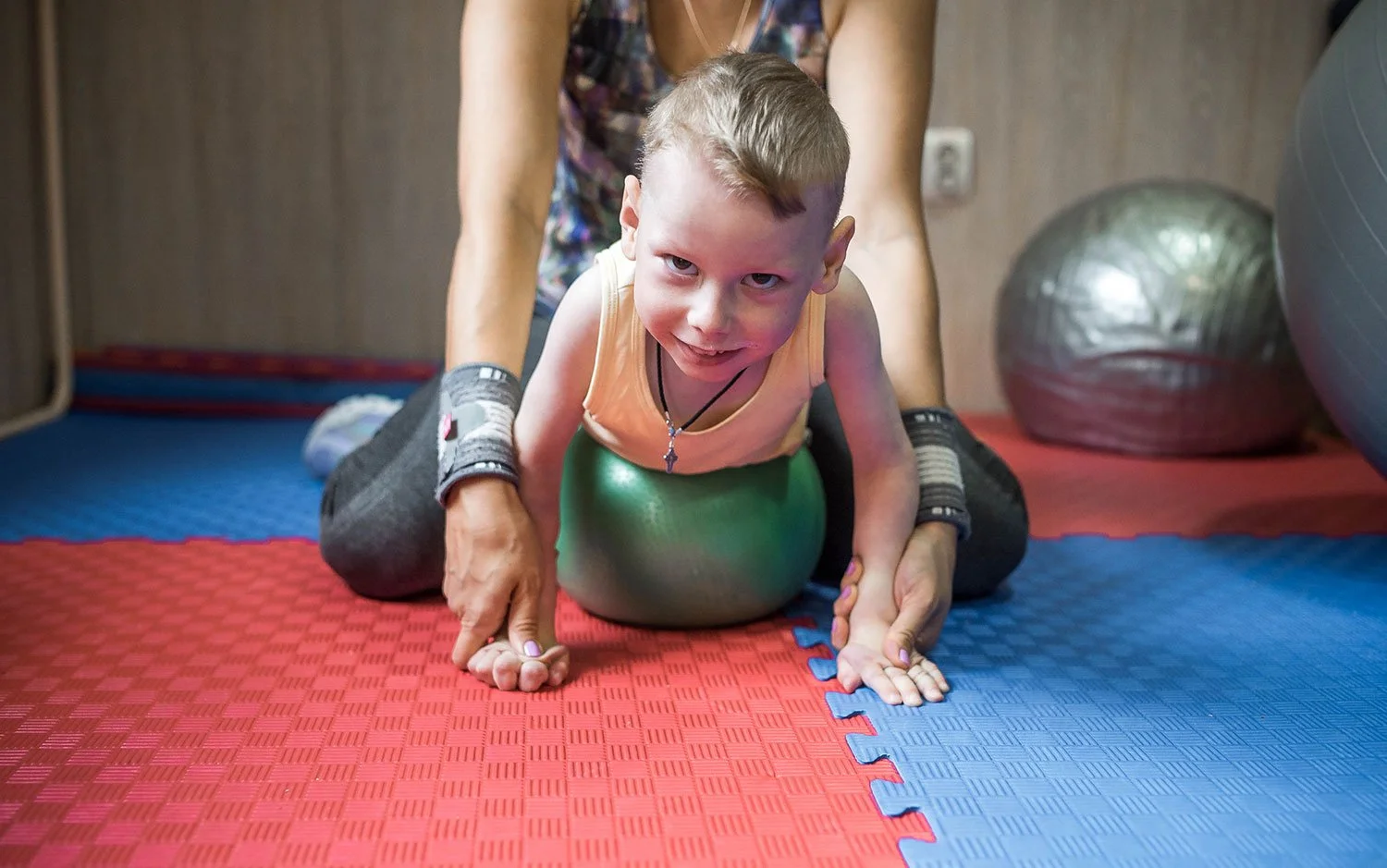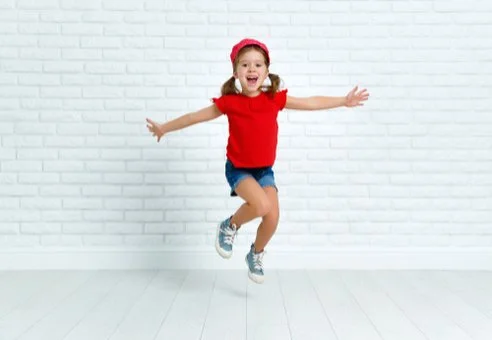Neuroplasticity
Neuroplasticity is the brain’s remarkable ability to reorganise and adapt. Neuroplasticity plays a crucial role in paediatric therapy and how we can help children to learn, recover from injuries, and develop skills. In this blog post, we delve into what neuroplasticity is, what it means for paediatric therapy, its implications for various conditions, and practical strategies therapists use to harness its power.
Embracing the F-Words in Paediatric Disability: A Guide for Parents
F-words are essential in understanding and supporting children with disabilities to thrive and reach their full potential. Let's explore them together!
What does 'therapy' look like at Move and Play? Understanding the 'Therapy Iceberg'
At Move and Play, ‘therapy’ is any activity that is done by one of our team that will support or contribute to supporting your child and family to work towards their goals, and ultimately to help your child to move, play, develop new skills, participate in their daily life, and thrive in their community.
Where are You Headed? Following Our Therapy Pathway to Thriving in Real Life
It can be easy to live life in the day to day. Focusing on what is happening right now, on what needs to happen this hour, this day, this week, this term. It can be easy to keep our head down, and forget to lift our head up to see where we are going, forget to think about what we want our life to look like in the more distant future.
What is 'telehealth', and why should I consider it for my child?
Telehealth is a term that refers to the delivery of health care services and support via any telecommunication technology. A telehealth service can consist of videoconferencing, phone calls, emails and text or other direct messages.Telehealth can be used for many situations including assessment, direct therapy, parent education, teacher education and support, monitoring of home programs, virtual stakeholder meetings, equipment trials and prescription, and problem solving.
Teaching your child new skills
Children, assuming they all have healthy bodies and no underlying conditions that might impact their development, all tend to follow a reasonably similar pattern of development over the first 12 months of life. However, after that, the timing of the development of skills can start to vary a little more - why is this? It is as a result of the opportunities and experiences that children are given in order to develop.How is it that children learn new skills?There are some key ingredients:




















